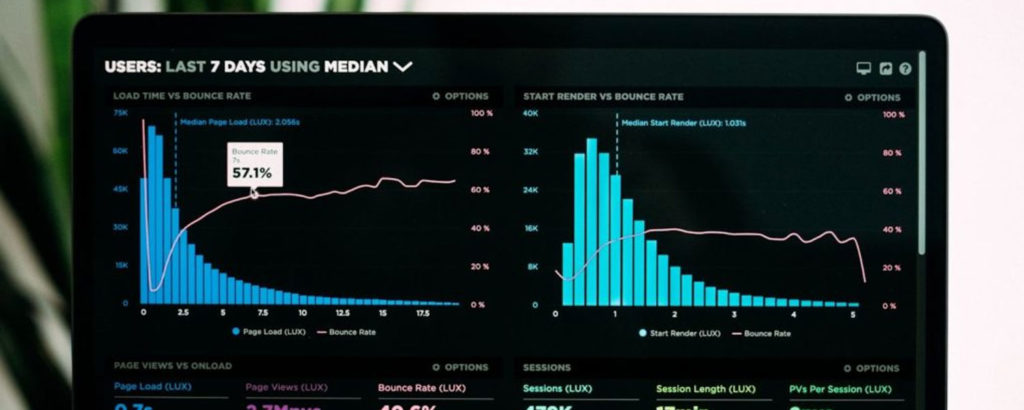There are several methods you can use to try and identify 16-bit apps in your current environment that won't be able to run when you migrate users' computers to 64-bit Windows 7. For example, you could:
- Open the properties of the executable in Windows Explorer and look for a Version tab. If there's no Version tab, then http://support.microsoft.com/kb/320127 says the app is 16-bit.
- Use Filever.exe, a tool found in the Support\Tools\Support.cab file on the product CDs for Microsoft Windows Server 2003, Microsoft Windows XP and Microsoft Windows 2000. If filever displays either W16 or DOS as the header info in the executable, the app is 16-bit.
- Use the Setup Analysis Tool from Application Compatibility Toolkit (ACT) 5.6 or hack the ACT database as described the blog post http://blogs.msdn.com/b/cjacks/archive/2009/12/08/how-to-hack-your-application-compatibility-toolkit-5-5-act-5-5-database-to-locate-16-bit-files-in-your-application-inventory.aspx
- Try running the app on a 64-bit version of Windows 7. If the app is 16-bit then you'll get a dialog box saying "The version of this file is not compatible with the version of Windows you're running. Check your computer's system information to see whether you need an x86 (32-bit) or x64 (64-bit) version of the program, and then contact the software publisher."
Which of these methods is the most reliable? The last one really since it proves the app won't run on x64 Windows.
If you have feedback concerning this tip, please email me. And be sure to check out my website!



